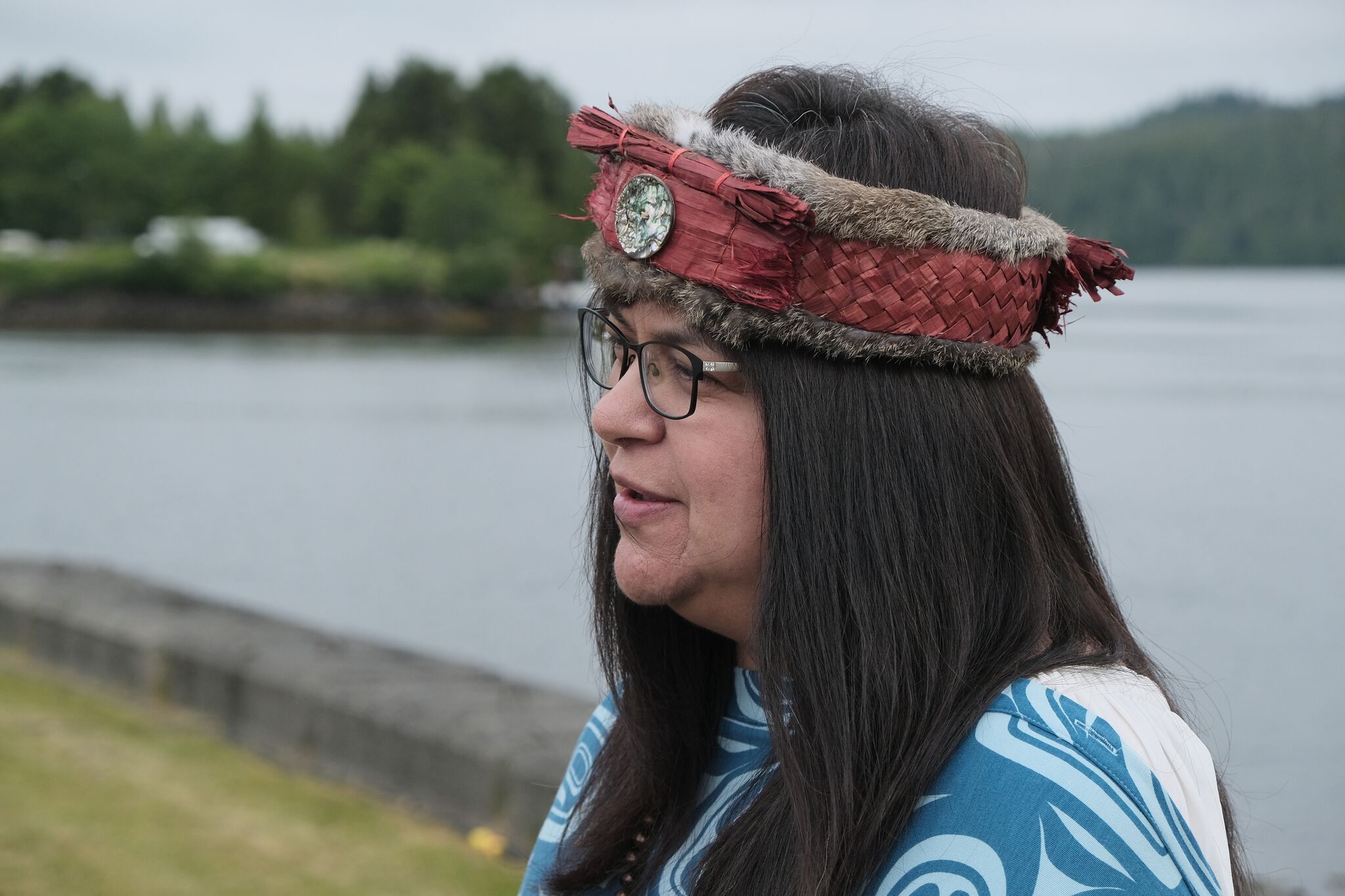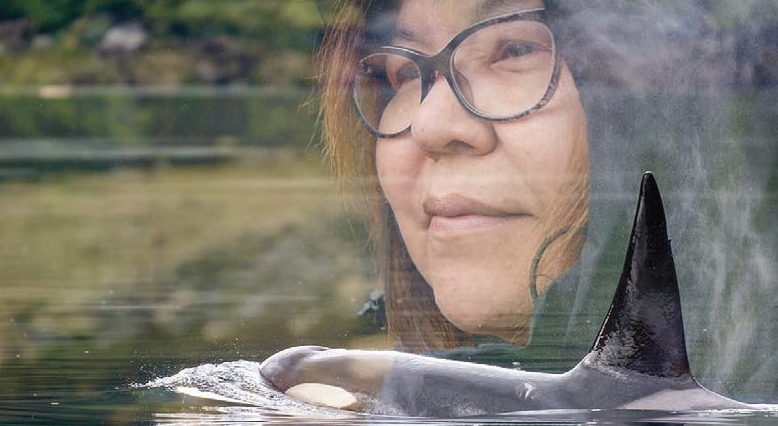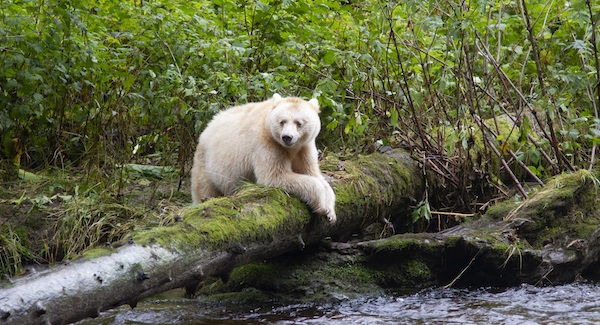In this op-ed published in The Province, CFN President Marilyn Slett writes that COVID-19 has highlighted the obstacles to economic growth facing remote coastal communities, including: access to high-speed broadband internet service, improved transportation, increased opportunities in fishing, forestry and tourism.
As B.C. moves closer to restarting our economy post COVID-19 lockdown, it is imperative that in rethinking the “new normal” First Nations coastal communities not be left behind.
As coastal First Nations, we are facing a challenging summer. Our small eco-tourism businesses have been hard hit by the closures needed to protect our people from the deadly virus. Our fish harvesting, processing, and shellfish plant operations, which provide jobs for many, have been derailed by restaurant market closures worldwide.
We face the loss of revenue from recreational boaters and fishers who spend tourism dollars in our communities — as First Nations are forced to restrict travel to prevent a COVID-19 outbreak that could devastate our languages, cultures and people.
The COVID-19 pandemic has also highlighted the obstacles to economic growth facing remote coastal communities. These include the need for access to high-speed broadband internet service, improved transportation, increased opportunities in fishing, forestry and tourism, and a transition to clean energy.
In light of these challenges, Canada and B.C. must ensure our communities are not forgotten. As modern-day nations, we have worked hard over the past 20 years to partner with both governments to build a strong and sustainable coastal economy on the B.C. north and central coast and Haida Gwaii. Through nation-to-nation building with federal and provincial stakeholders, we have created opportunities in forestry, fishing, eco-tourism and climate initiatives.
We ask that B.C. and Canada make it a priority to work with First Nations to ensure that in the “new normal” all this good work is not lost. We ask that they see the “re-opening” of B.C. as a time to re-envision new ways of doing business. Thriving First Nation economies benefit not only our communities but the province and Canada as well.
Carbon offset sales are one example. The fallout from this pandemic has drawn parallels to the impacts the world will experience from destructive climate change. Now more than ever governments must look to the future and invest in carbon-reducing initiatives.
Established by Coastal First Nations in 2011, the Great Bear Forest Carbon project is the largest in the world. It’s also Canada’s first Indigenous-led carbon offset program. Both Canada and B.C. should offset the carbon footprint of the infrastructure they build and economic stimulus investments they are preparing to make very soon. Governments can reduce their carbon footprint and invest in First Nations stewardship programs, jobs and clean energy.
This is also an opportunity to revitalize the coastal forestry sector — by putting in place revenue-sharing with First Nations from forestry operations and investing in jobs and business initiatives. The same opportunity exists to support an Indigenous community-based fishery and increased management of our marine resources.
Today’s post-COVID-19 world is vastly different from the one we left two months ago. We, as First Nations, have long demonstrated the historic ability to survive tragedy and adapt to new circumstances. We understand, more than most, the need to change with the times we are faced with.
We also know that it will take working together — Coastal First Nations and Canadian governments — to have the impact required to build strong, resilient and sustainable coastal communities.
To that end, we invite Canada and B.C. to join us, to help ensure “the new normal” continues to breathe life into the world-leading sustainable economic initiatives First Nations have worked so hard to put in place.
Our communities must not be left behind.
Heiltsuk Chief Councillor Marilyn Slett is president of Coastal First Nations.


